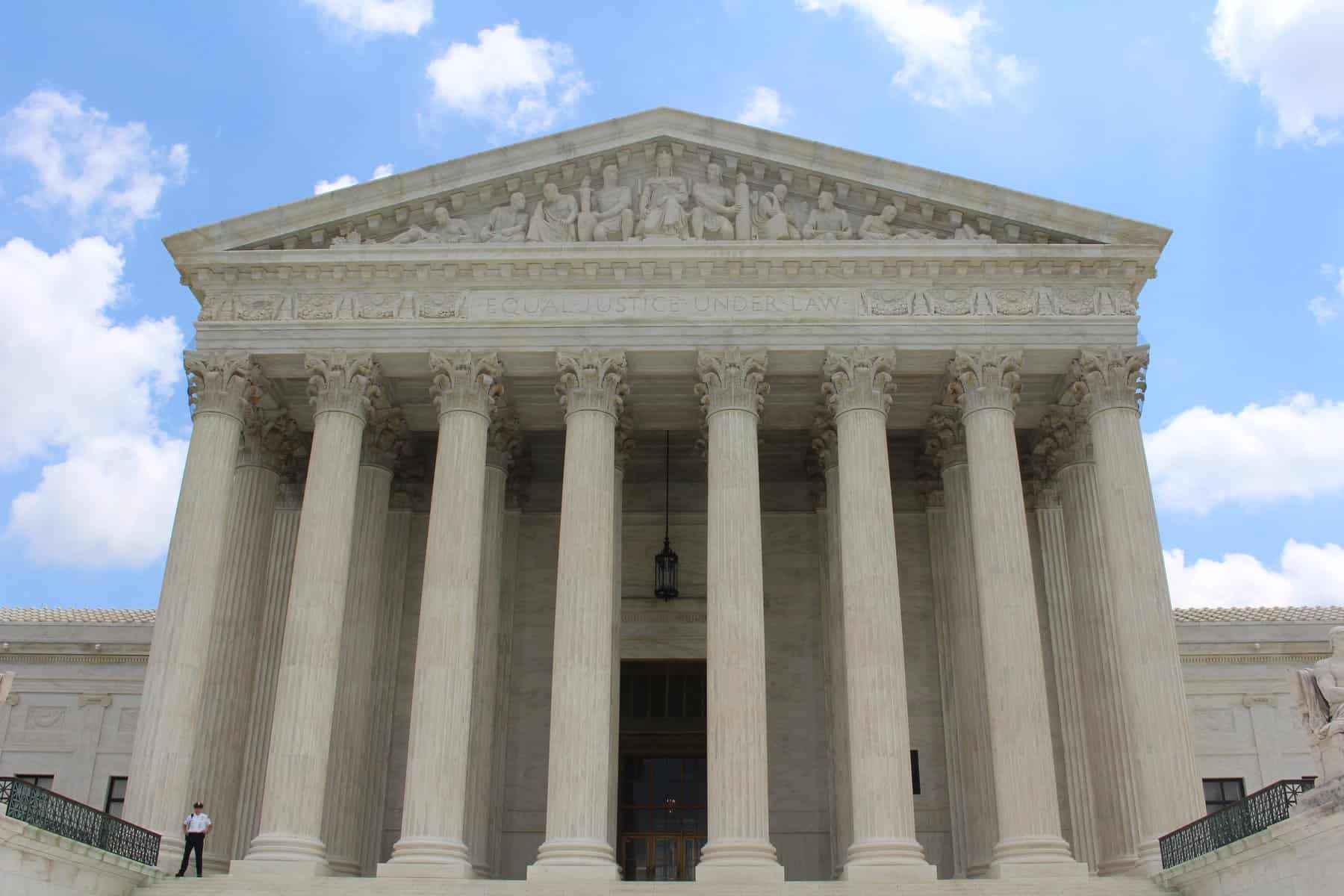Gerrymandering and the influence of big money in politics are issues that may both be addressed in the 28th Amendment. At their heart, both issues revolve around the fundamental principle of political equality: Does your vote count more or less depending on where you live and whether those lines have been manipulated by powerful political parties? Does your vote count more or less based on the amount of money you make or have access to? The foundation of our nation lies in political equality—while never a reality, this promise has always been an aspiration of our nation’s political theory. The 28th Amendment seeks to move us closer to a future where that promise of political equality is fulfilled.
Following the U.S. Supreme Court decision today in two partisan gerrymandering cases, American Promise and other democracy reform advocates reiterate their calls to permanently secure American democracy by amending the U.S. Constitution.
In deciding the two cases, Lamone v. Benisek and Rucho v. Common Cause, a divided Supreme Court ruled that shaping political districts for partisan benefit is a political question that courts have no role in reviewing. The two cases provided examples of each political party skewing maps to favor their party—in the Rucho case, Republican lawmakers in North Carolina shaped districts for the GOP’s advantage, while the Lamone case centers on Maryland Democrats who shifted maps to favor their party. The 5-to-4 ruling comes at a crucial time with the 2020 census approaching, which will inform the next round of political districting.
It’s time for citizen leaders to work with states in calling for the 28th Amendment to protect individual rights and establish clear rules to prevent elected officials from drawing unfair maps.
Polls from 2017 and 2019 show that a majority of American voters oppose partisan gerrymandering and support the creation of independent redistricting commissions. A Constitutional amendment can strengthen American elections, prevent corruption, and ensure equal representation and political equality for all Americans.
“Partisan gerrymandering is yet another way our elected officials are undermining democratic representation. With the 28th Amendment, we have a unique and historic opportunity to restore the American republic,” said Jeff Clements, President of American Promise. “The 28th Amendment is not just about gerrymandering or campaign finance. It’s about our rights and responsibilities as equal citizens in our republic. Every voice should be heard and every vote should count equally.”
American Promise is leading the movement for the 28th Amendment to address the growing influence of big money, corporations, unions and other special interests in elections and government and restore the voice of citizens. The amendment also would address partisan gerrymandering so elected officials could no longer draw districts that unfairly benefit one political party.
Twenty states and more than 800 cities and towns have passed resolutions with cross-partisan support that formally call on Congress to propose an amendment to address political inequality and put limits on political spending.





